






















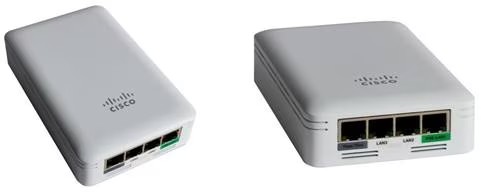

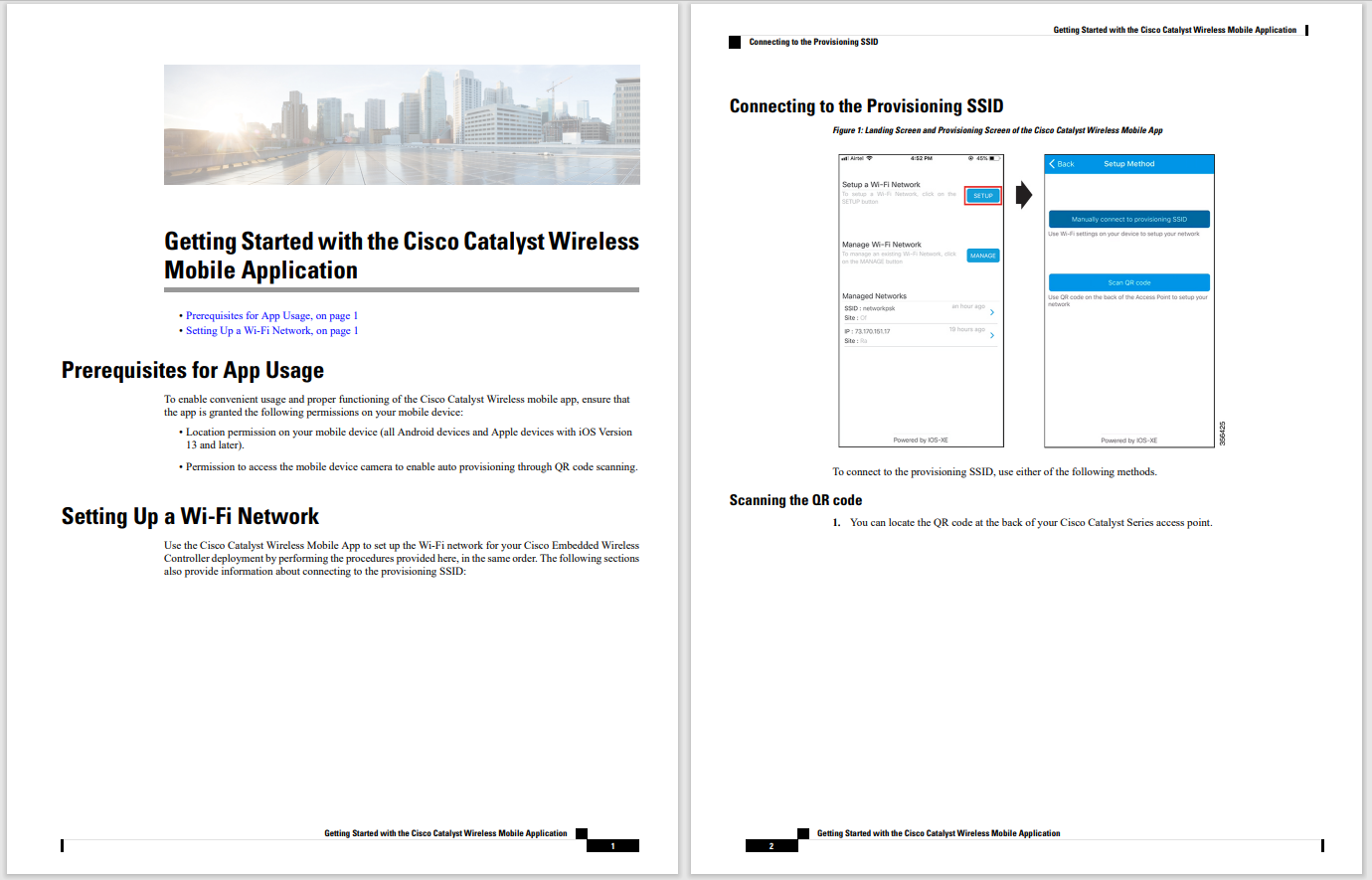
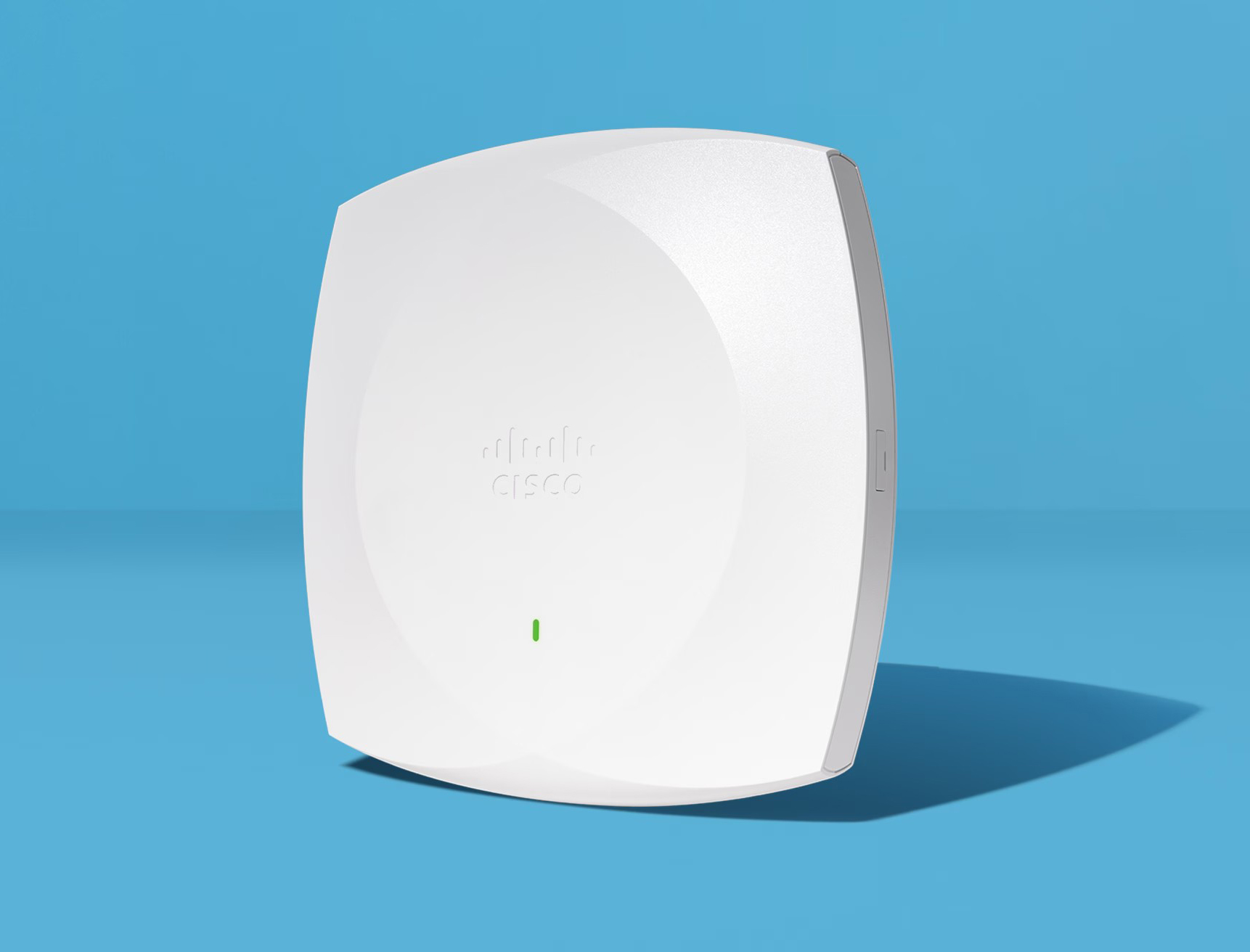
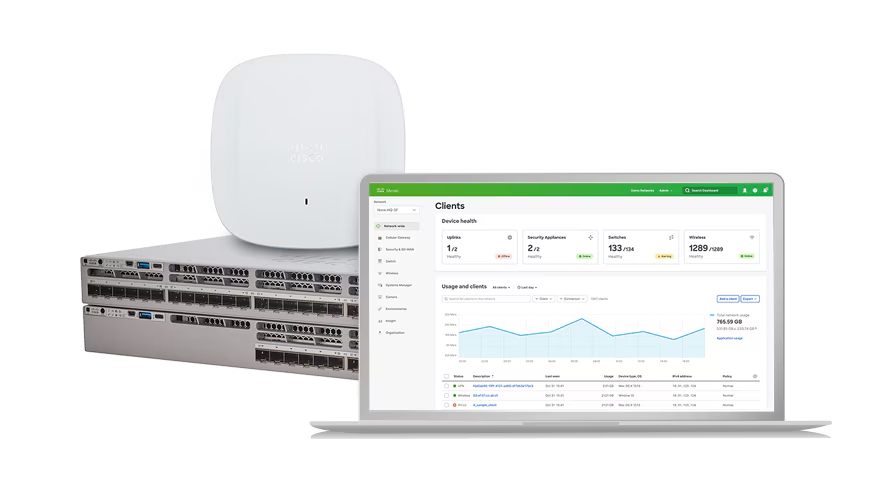
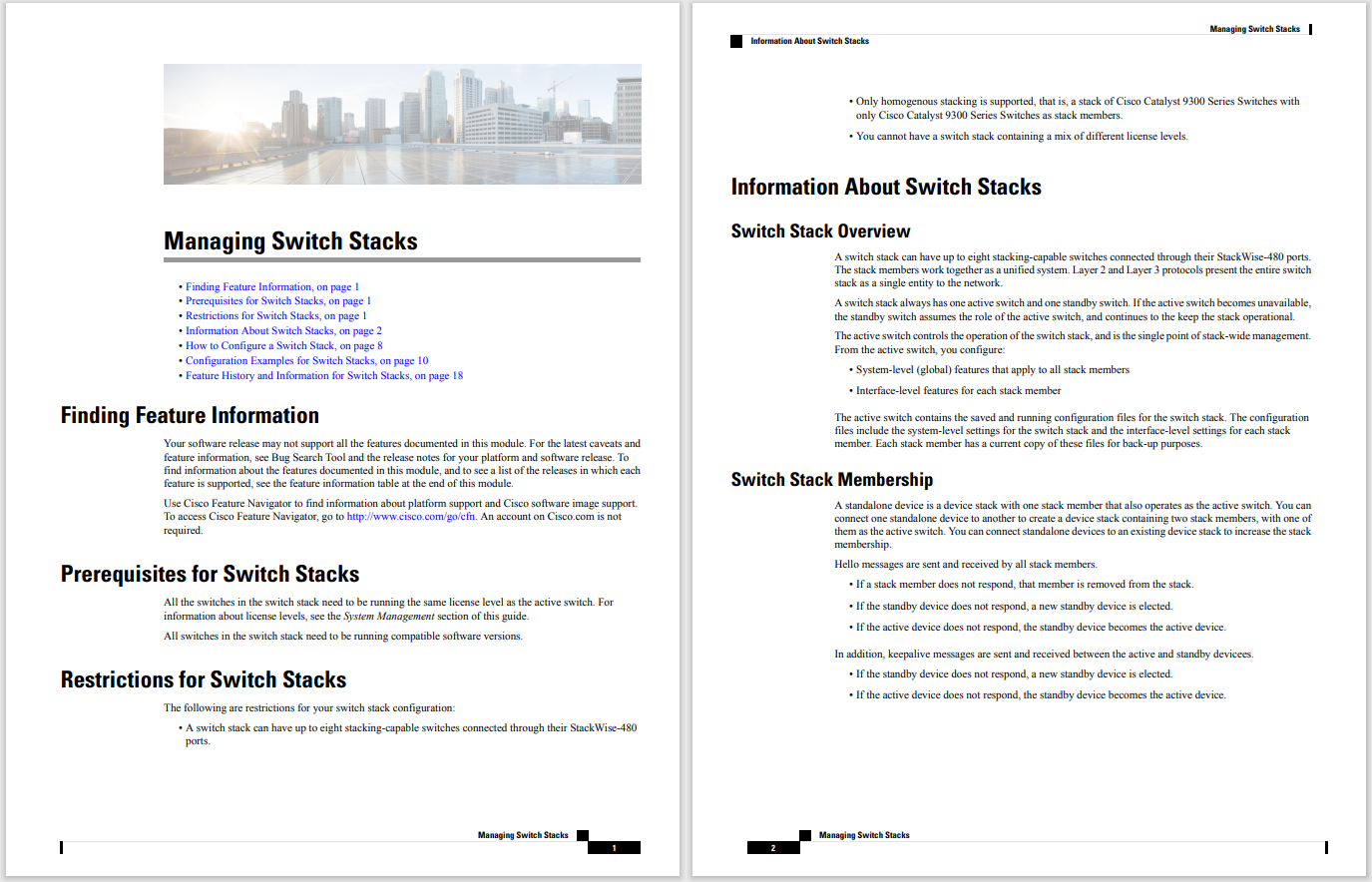
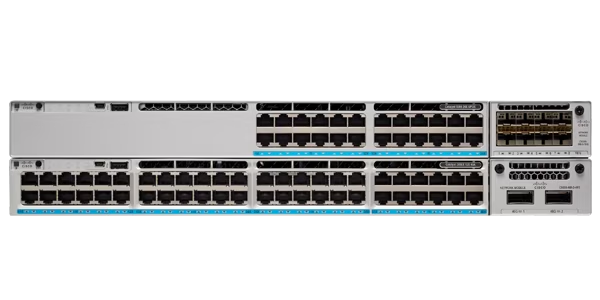
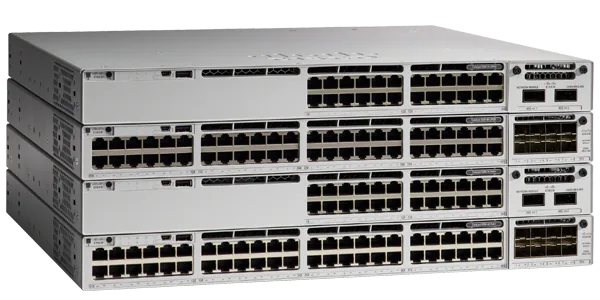

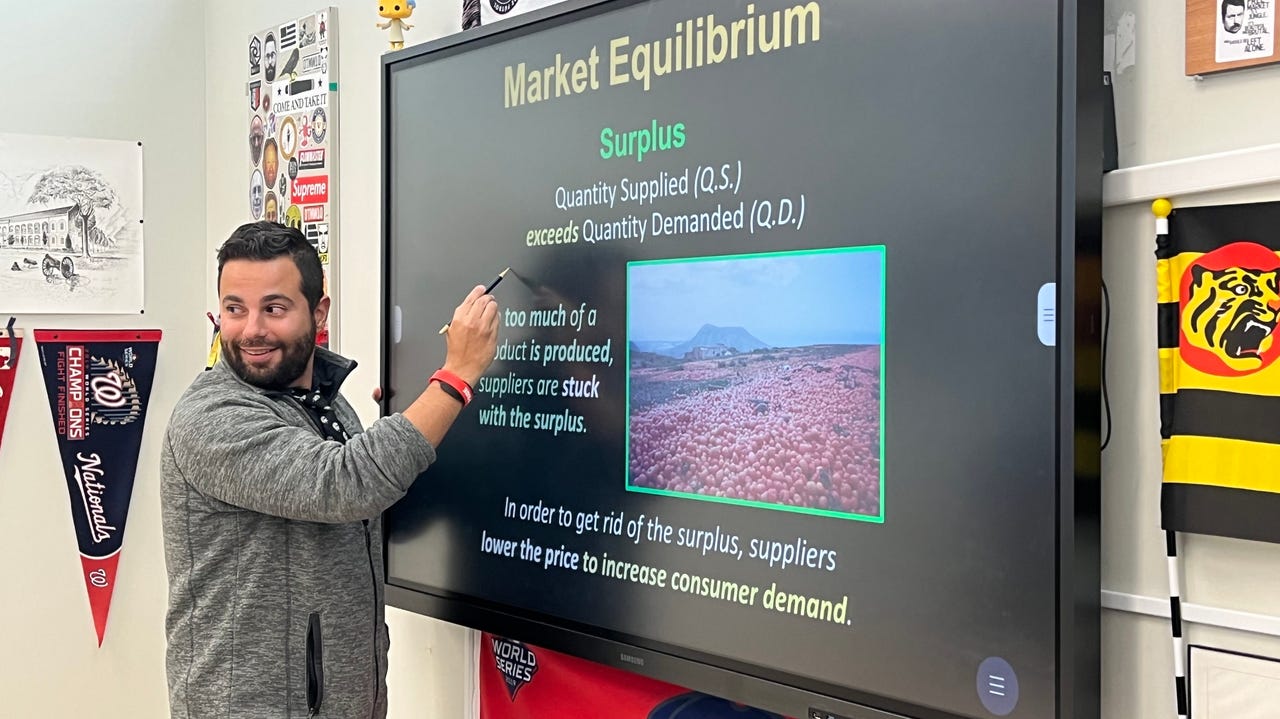 Image: Christopher Colombus High School
Image: Christopher Colombus High School Do you remember your eighth-grade science class and the kind of tech you were using? In all likelihood, your classroom experience predated computers and an overhead projector or perhaps a VCR player was the most high-tech your lessons became.
Seeing a computer in elementary school was a novelty for many who grew up pre-2000, and even then they were usually only used for learning particular skills, such as learning to type or putting numbers into a Microsoft Excel spreadsheet. Things have come a long way since then, and many kids are now equipped with laptops, iPads and other pieces of technical kit both in the classroom and outside of it.
But simply giving a child a new piece of technology doesn't necessarily fulfil the promise of teaching them something new, particularly when you consider that more than 50% of kids have a smartphone by their 11th birthday.
Alex Seage, senior director of technology and innovation and former student at Christopher Columbus High School, believes that technology in the classroom shouldn't be responsible for teaching students: it should simply augment their learning.
Digital transformation projects are about driving fundamental change across customer experience, tech and business culture. This ZDNet special report brings you the latest trends and insights you need to succeed.
Read nowA former student at Christopher Columbus, Seage spent a number of years working in and around the cruise industry and offers a unique perspective on how this can inform teaching in the classroom. According to Seage, there's very little difference between a school and a cruise ship.
"I know that's mind-blowing to some people, but there's not a huge difference; we're trying to put the student experience first, because that's what the learning journey is about," he tells .
"Cruise lines put the guest experience first. When you step onto a cruise terminal, the experience starts the moment you walk in and drop off your suitcase. It's either on your mobile phone or on a fixed screen that's interactive, and that's what I brought over to education."
In June of 2021, Seage spearheaded a digital signage project at Christopher Columbus High School that saw 135 interactive whiteboards installed across the school. Every classroom in the Miami, Florida school is now equipped with a Samsung Flip 3 device -including the school's basketball court.
When the pandemic forced schoolchildren to learn from home and adapt to digital learning, educators lost their students' attention, and learning suffered. But once schools opened up, digital learning didn't disappear; for many, it became the norm.
Seage says technology should never be the driver of the classroom. "The technology has to complement what you do. It complements all different teaching styles," he says.
Also: The pandemic's surprising impact on K-12 computer science education
As a former student, Seage recalls the difficulty teachers faced in finding novel ways to engage students and wanted to offer a solution. Interactive whiteboards offer a low learning curve for teachers and students while also promoting interaction and collaboration, he says.
In the school's gymnasium, for instance, boards serve as an enhanced coaching tool, allowing coaches and players to re-watch game footage during practice, or strategize game plays for future matches.
Micah Shippee, director of education technology consulting and solutions at Samsung, is a former educator who now works with schools to adopt Samsung technology.
Shippee reminisces on his own days as a middle school basketball coach and recalls how tedious it was to have to try to coach his players with a traditional whiteboard and marker pen. "I coached basketball for 12 years at a middle school, and the expo marker and the board was never big enough, never convenient enough, and it was a real pain in the neck," he tells .
"But to have a computing device that's more than just an expo marker and board to pull up stats that are increasingly becoming digital, I think there's a lot of value in that."
Also: Students want to learn code, but the school system is a barrier
Capturing and maintaining students' attention is a perpetual problem for educators, with many teachers feeling that smartphones, social media, and near-instant access to online information are depleting children's attention spans.
The boards aren't necessarily teaching the kids practical tech skills, but they are helping students understand how to use technology as an asset for content creation and collaboration, Shippee argues. "[Students] can find a YouTube video or a TikTok video on nearly anything and be preoccupied. It's the creating and the collaborating [elements] that we need to work on, helping our students understand better because those are skills that will transcend their K-12 experience," he says.
Remote and hybrid working has become significantly more popular over the past two years, and even with announcements of return-to-office policies, many workers are still leaning heavily on remote-working tech and digital collaboration tools.
Samsung's senior VP of its enterprise display division, Harry Patz, believes today's students need to acclimatise to this kind of tech before they reach the work environment. "We're preparing them for the real world when we're doing virtual meetings when several people across four or five locations can all work together," Patz tells .
Though it's essential to find new ways to teach kids valuable skills to use once they leave school, it's even more imperative to find new, interactive ways to teach kids while they're still in school. Students first have to be well-rounded in basic reading, math, science, and art skills to succeed in the workforce.
Also: Young people are shunning tech courses. That's going to make the skills shortage much worse
Since the pandemic, every state has experienced a backslide in reading and math scores for fourth and eighth graders, according to the Nation's Report Card.
The same study also shows, that despite a nationwide decrease in scores, private Catholic schools like Christopher Columbus High School outperformed public schools in every single benchmark.
Samsung's Flip 3 whiteboards retail at$2,500 per board. To put this into perspective, Christopher Columbus has 135 boards, an almost$350,000 expense. Most public schools don't have the budgets for this kind of tech investment, and reliability and longevity is usually the deciding factor for schools whose budgets don't see a refresh for seven to eight years.
Shippee argues that creativity and innovation in the classroom ultimately relies on leaders being open to trying new approaches. New technology might be expensive, and there's no argument that K-12 schools remain criminally underfunded. But any investment that serves to better children's education and equip them with the practical skills needed for an increasingly digital workplace can pay off.
"Kids are kids, and teachers are teachers; it's really about the leadership and the permission we give within our community to try new things," says Shippee.
"We need people who have that innovative mindset to help educators get to a place of being innovative in the classroom."
 Hot Tags :
Education
Hot Tags :
Education